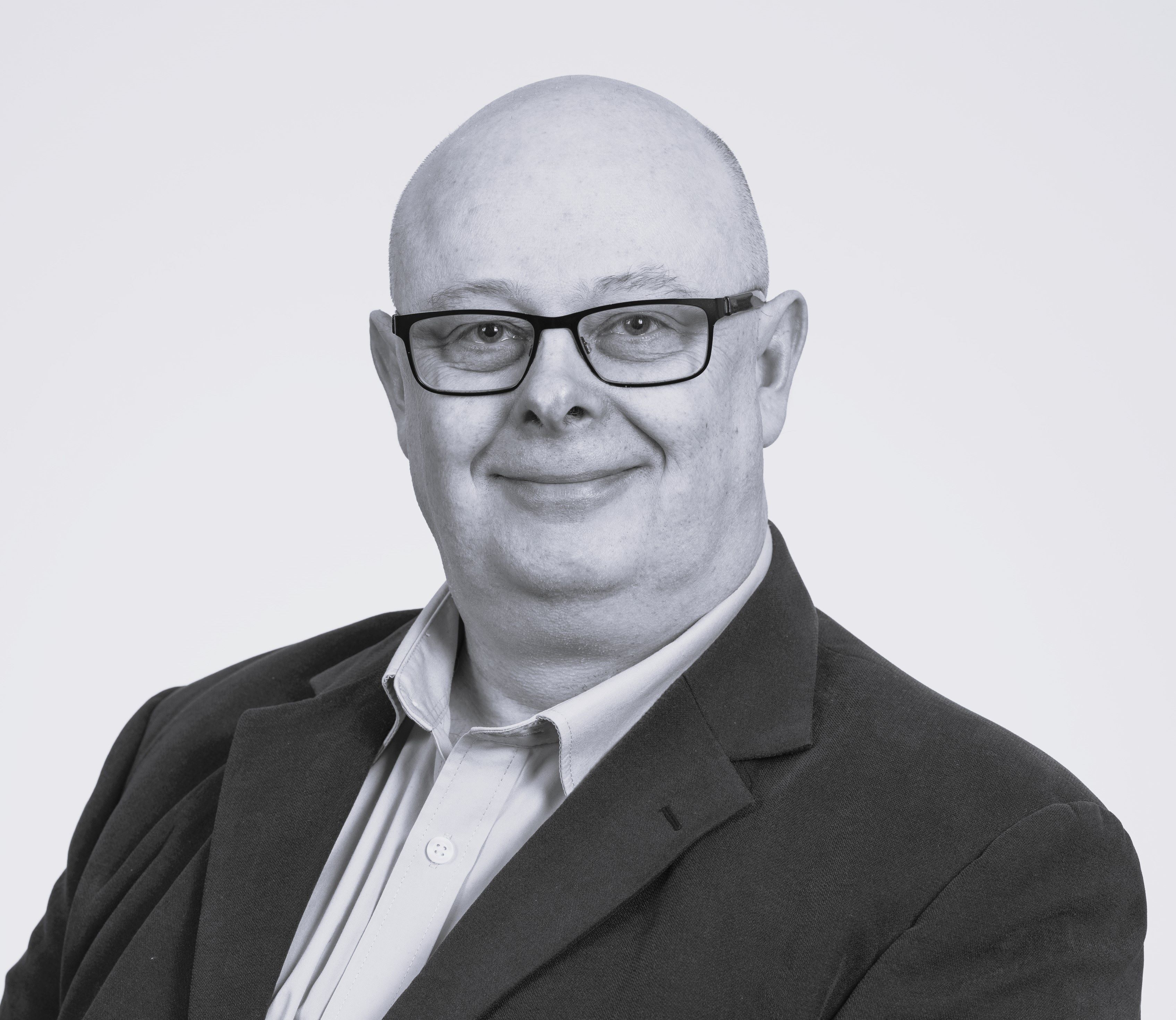Owen Davies, our Data and Intelligence Manager, will be speaking at the Big Data Event run by the National Data Resource and Life Sciences Hub Wales on 24 September. In this blog, Owen talks about ‘big data’ and how we can use it to its full potential in social care.
You may have heard the term ‘big data’, but what does it mean?
Put simply, big data is just a term to describe a really big collection of data. The data doesn’t need to conform to any standard. It can be structured or unstructured data. It can even be pictures or video. So long as it’s big it doesn’t matter. Some people also describe it as data that’s too big to be processed using traditional methods.
Big data has also come to include some of the tools and analysis techniques that are used in ‘mining’ the data for information and insight.
We’re now living in the digital age. Organisations collect huge amounts of information every time we receive a service. It doesn’t matter what the service is. It could be a supermarket collecting information about what you buy through your loyalty card, a streaming service understanding the sorts of films you like to watch, or a social care provider recording details of the services you’ve used and your interactions with that service.
Traditionally, the world of social care has relied on data analysts writing reports, creating dashboards and using a range of management information and business intelligence techniques to allow organisations to monitor their performance and understand how they’re operating.
But these techniques tend to leave a lot of information locked away in the data. This might be really important information about trends or patterns in huge amounts of data or understanding our unstructured data. Things that can’t be easily processed using a tool like Excel.
The world is moving from data analysis to data science. Data analysis will always have a place. We need to monitor what we do and how well we’re doing it, but we also want to squeeze as much insight as we can from the data we collect.
To do this, we need the tools, the skills to use them, and the policy that ensures that we work ethically and responsibly with people’s data. In social care, we aren’t yet in a position to do this, at least not routinely and on a national scale. But we do want to get to a point where we’re able to make more use of our data.

Our challenges with data are pretty much universal, no matter where in the public sector we sit. So, it only seems right that we try to tackle them together.
We now need to create roles for a new generation of data scientists in social care. In Social Care Wales, we now employ two people who are data scientists by background.
Just having data scientists in your organisation is not enough, though. We need access to the tools, the data and most importantly the guidelines about what responsible data science looks like. We should also not be doing this work in isolation.
Over the last three years, the data team in Social Care Wales has worked really hard to forge relationships with people from a range of organisations across health and care. Working together on projects is critical if we’re going to accelerate our data ambitions.
Our challenges with data are pretty much universal, no matter where in the public sector we sit. So, it only seems right that we try to tackle them together, sharing experience, skills and resources to create environments where data science can happen and we can get more from the data we collect.
On 24 September, I’ll be giving a presentation at the Big Data event which is being hosted by the National Data Resource and Life Sciences Hub Wales. This event is all about the challenges and opportunities with big data, with a focus on collaboration.
My presentation looks at how we turn the challenges into opportunities by working on things together. I’ll give some good examples where we’ve done just that and set things up that are working well.
But it’s not just me speaking. There are four other speakers at this online event who all have interesting things to say. The event is free and open to anyone with an interest in data, but particularly for data professionals in health, social care, local authorities, providers, academia and government.
We still have a lot to do to get to a point where data science and fancy things like machine learning and natural language processing are commonplace in social care. But we need to get as many people as possible involved and interested in our work to build the momentum we need to get us to a place where we’re confident that we’re getting the best value our data can bring us.
So come and join us on 24 September!

 Adobe Stock
Adobe Stock
